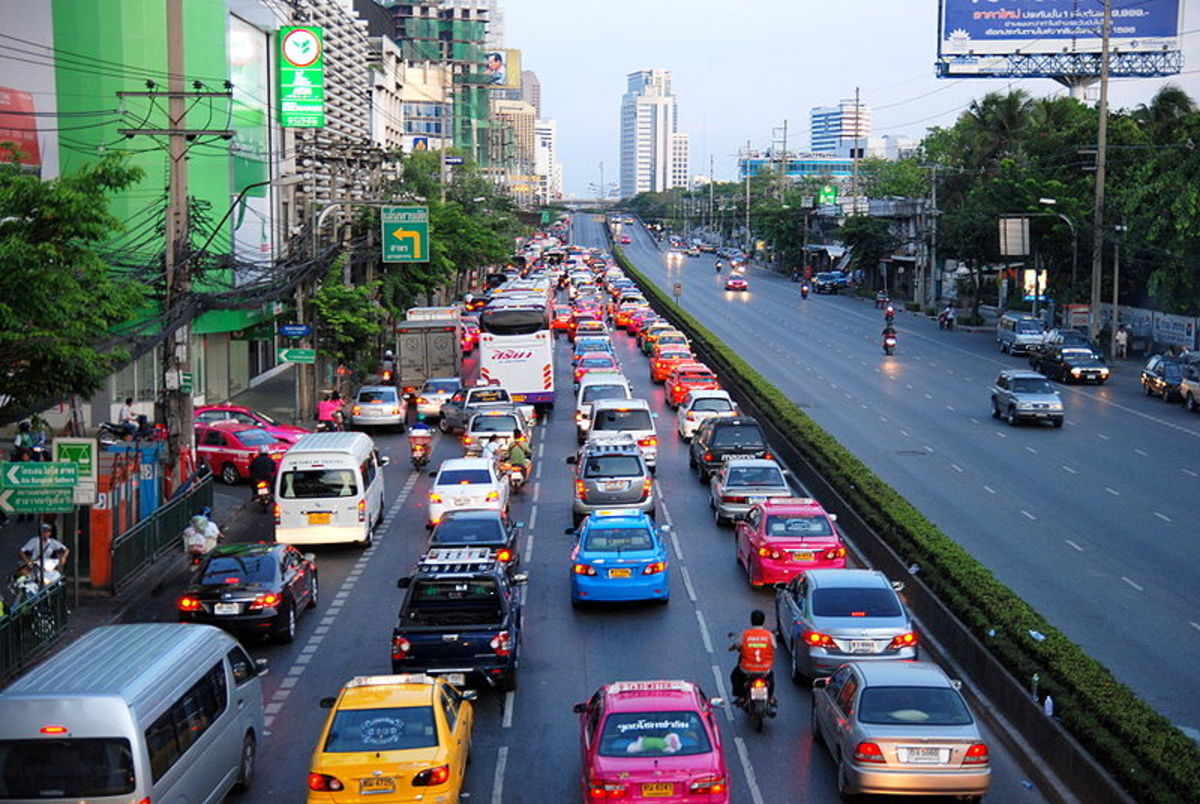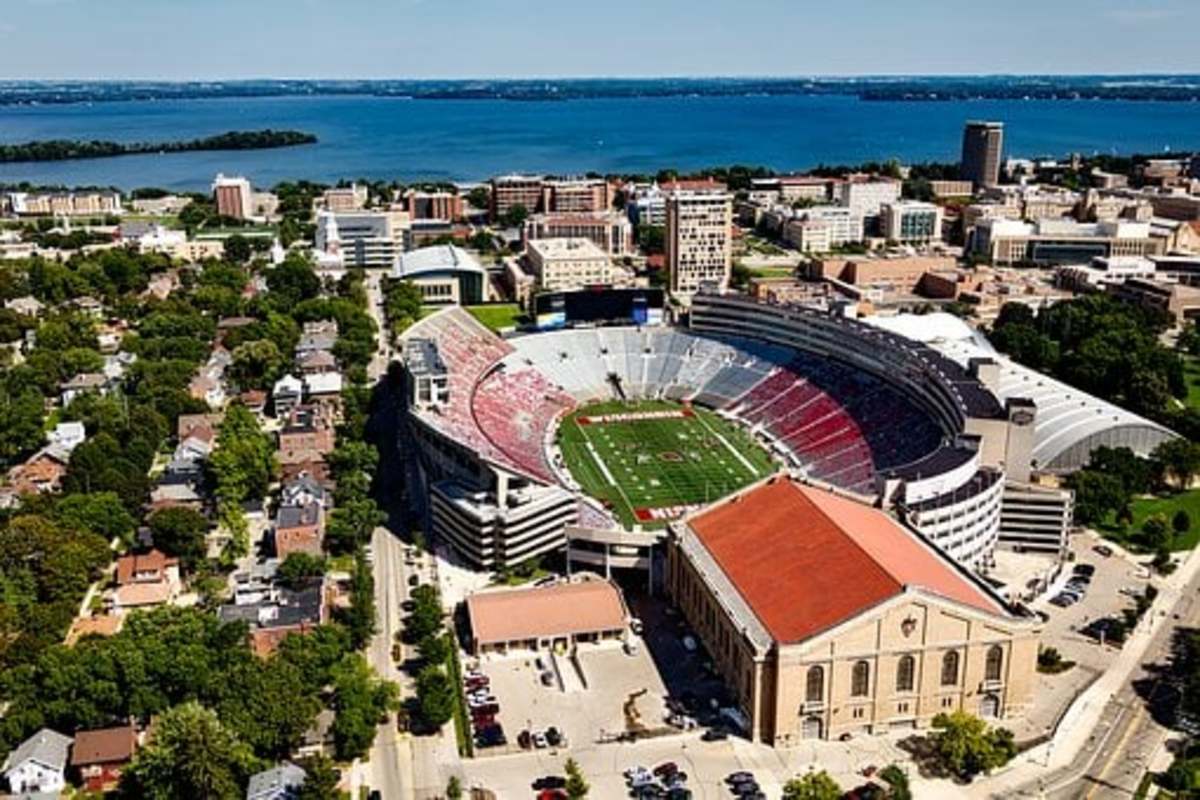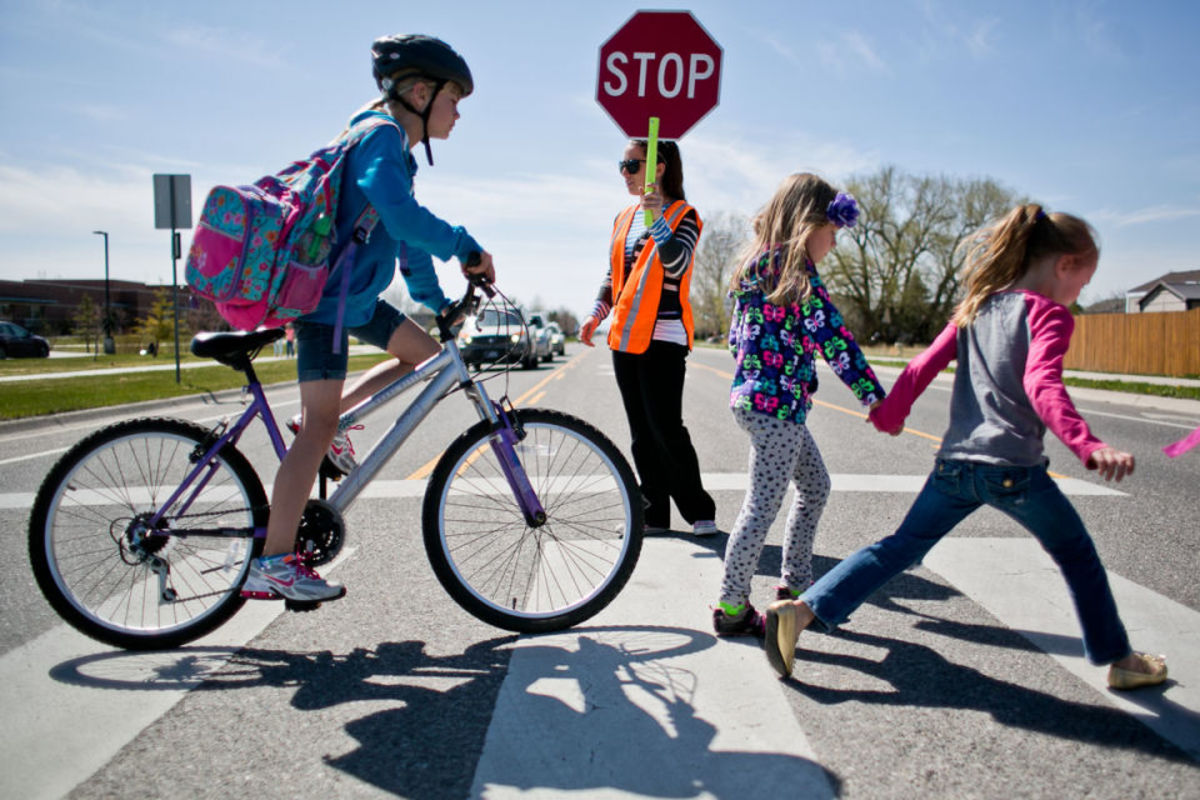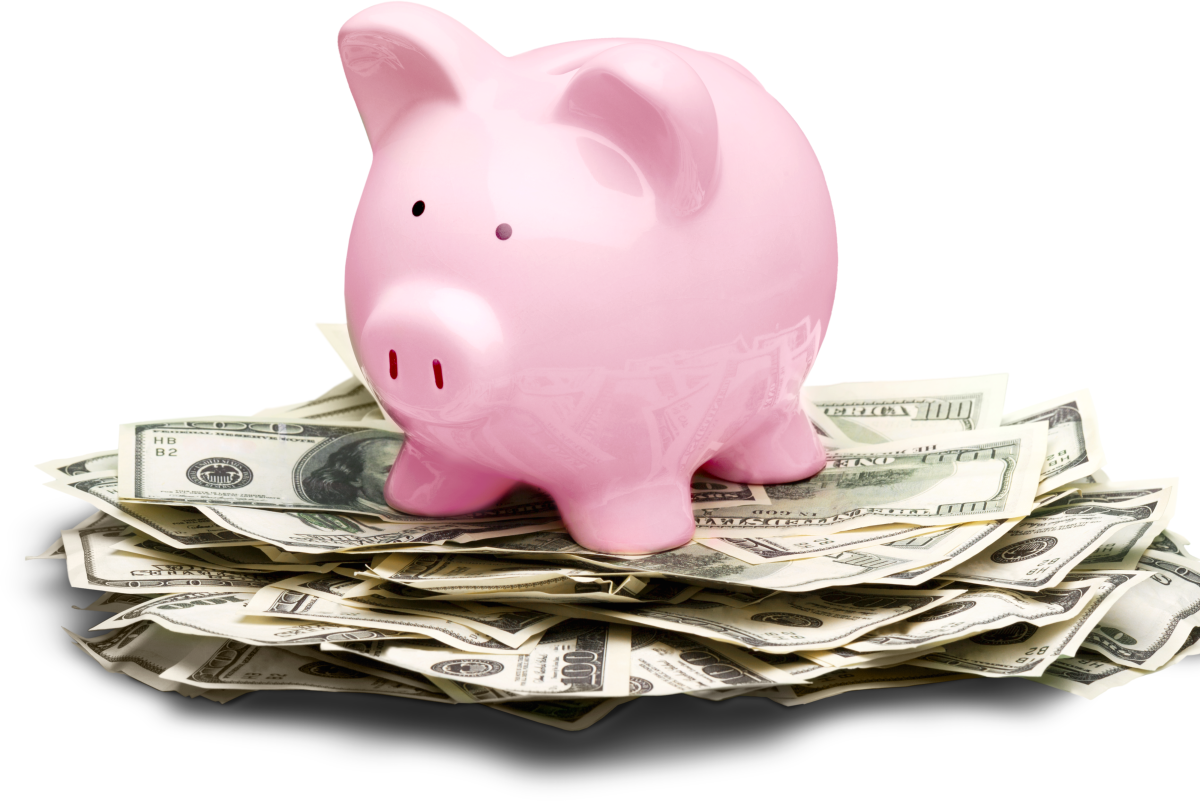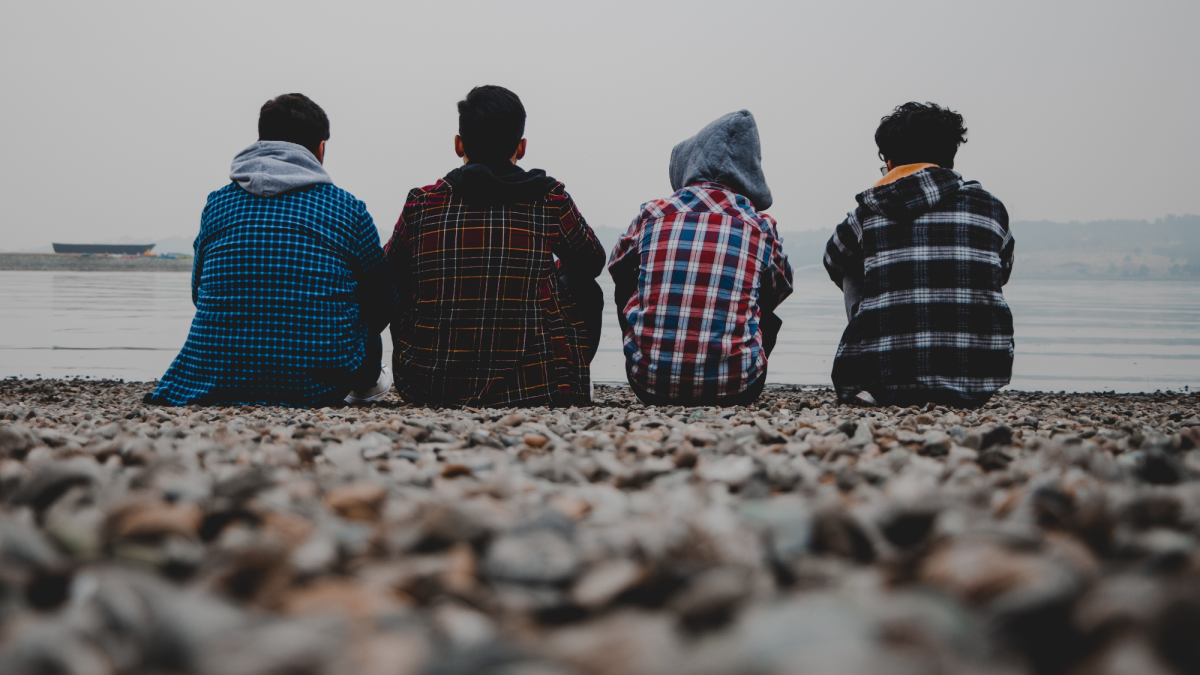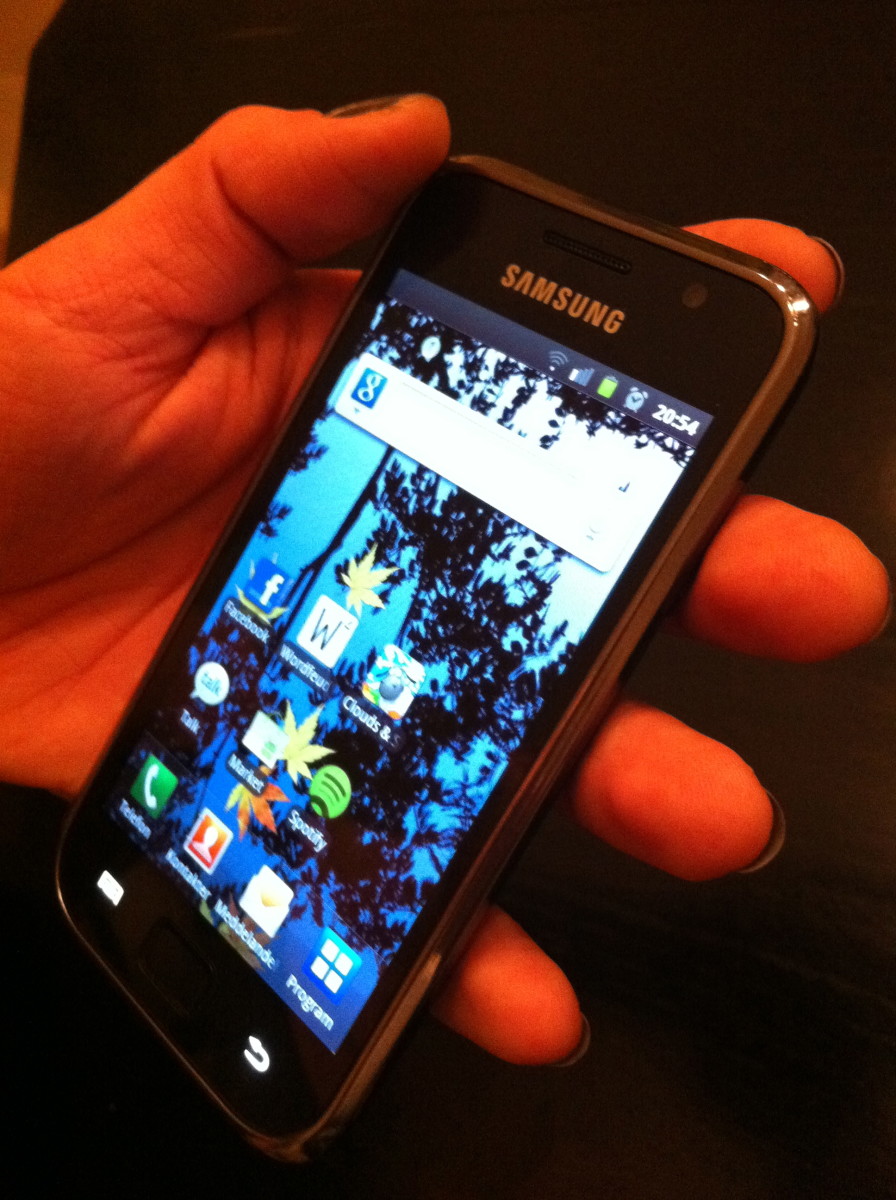Young People Waiting to Get Drivers Licenses
Sixteen Years Old and Walking
I am a father of two teenagers, who are both old enough to drive a car. One of my kids is actually behind the wheel and is driving, but he is 17 years old. My daughter is 16, and is just getting her learning permit. My kids are ahead of most, and it is clear that this generation is not as interested in driving cars and taking on adult responsibility as generations of the past have been. Like most teenagers in the 1980's, I got my drivers license on my 16th birthday. It was a regular right of passage, and our drivers licenses were not restricted. Before I had turned 17, I had driven with friends to a foreign country to go fishing and hang out. I could not imagine my kids doing that in this day and age. I guess that we have been a bit more protective than our parents were with us.
What has conspired to change things so much? Is it their access to a social media that allows young people to virtually hang out together in internet driven space, or is it the availability of things like Uber? My kids have never used Uber on their own, and I believe that most of the rideshare companies require the people who use their service, to be at least 18 years old. It is really hard to tell. As I have worked as an educator, I have noticed trends where students seem to hang out less together at home and on off time, than we did as kids. Some of this may be due to students living at long distances from each other, as they are on school transfers from different geographic locations.
Are parents more protective than they once were? In some ways this seems pretty obvious. Go to any school and have a look in the bike racks. Typically, they are pretty empty, and not many students are riding bikes these days. At drop-off and dismissal, there are traffic issues at the school as many parents come in to deliver their children to the school door. Very few students walk any serious distance to school. I walked to school in kindergarten, and if a parent had their child do that today, it is likely that the principal might call from the school and ask for a parent pick-up. Our society and the expectations have changed dramatically over the last several decades and this is playing out with sixteen year olds as well.
The costs of driving a car have gotten to be outrageous. My 17 year old son, with a perfect driving record, costs more than $5,000 dollars a year to insure. He does not drive an old junker, like I once did. No, he drives a two year old Toyota pickup truck with airbags and a reverse camera with sensors. His friends, the few who drive, also drive newer vehicles. Most parents would not consider putting their kids in a car without modern safety features. Back in the 1980's, I drove a 1971 MGB with a a modified engine and open exhausts. It was a dangerous vehicle with drum brakes that would fail, and it had lap belts for safety. The car was a real piece of custom work, from a 16 year old guy, who did not know what he was doing. My parents thought it was just fine, and was much safer than the RD 400 motorcycle, which I also rode like I was Kenny Roberts on a track - everywhere I went. I got three speeding tickets in that first year of driving, and my insurance man did not bat an eye.
I think back to my teenage experiences, holding jobs, dating girls, driving cars long distances, camping with friends, and spending long days at the beach with no cell phone for my parents to find me with. We were an independent group of people in those days and the world seemed more safe to us than it does right now. I am not sure that it was safer, a lot more people died in car accidents, and many more kids had early endings to their lives as teenagers, than they do now. Perhaps our perception of the world has changed?
In 1987 the FCC dropped the Fairness Doctrine rule that required news outlets to equally portray both sides of a controversial topic. When this happened, entertainment news became a reality and the already functioning, but fledgling twenty four hour news cycle got a tremendous boost, and was able to turn part of the nightly news into a more entertaining platform. The bad news from everywhere got synthesized right into everyone's living room. Some people watch 24 hour news, around the clock and have become terrified of the world and all of the bad things that happen everywhere. I think this has had an effect.
The New Norm of Living
Many of us now live inside gated communities and we have private security firms protecting us from any negative interaction you can think of. Door to door salespeople are a thing of the past. My brother and I could not have sold those holiday gift cards to get amazing prizes, like we did in the late 1970's and early 1980's. The schools are mostly locked down now and those massive fields and play areas are not available to the community. Where do kids launch their rockets now? They don't those have been relegated to adult toys now, and you need special places to launch them. In most places kids stay inside until their parents begin ferrying them to soccer practice, or some other organized activity with lots of coordination, management and control. When I was a kid, I rode my bike to baseball practice, with my mitt slid over my handlebars, and rode that ride without a helmet. Not anymore... Helmets are mandatory, and parents almost always deliver their children to their appointments using a calendar to coordinate the efforts.
Most young people now wait until college to do any serious dating. High school dances are barely attended in many areas, and recently a school photography company owner told me that the internet and cell phones had just killed their business for those kids who do show-up to the dance. Now, the photography company makes most of their money selling student photo ID cards to enhance student safety. Have we become paranoid and distrustful, or are we just now more informed and rational than we ever were before? Is it rational, when we give students cell phones with unlimited data plans and allow them unfettered internet access? Can you imagine what most teenagers are reading, seeing and studying on the internet? Can they separate the real from the nonsensical?
Maybe this delay in some areas is a good thing. Lifespans are increasing, maybe taking until your twenties to really start to grow-up is not terrible? That is a judgement we all have to make.


